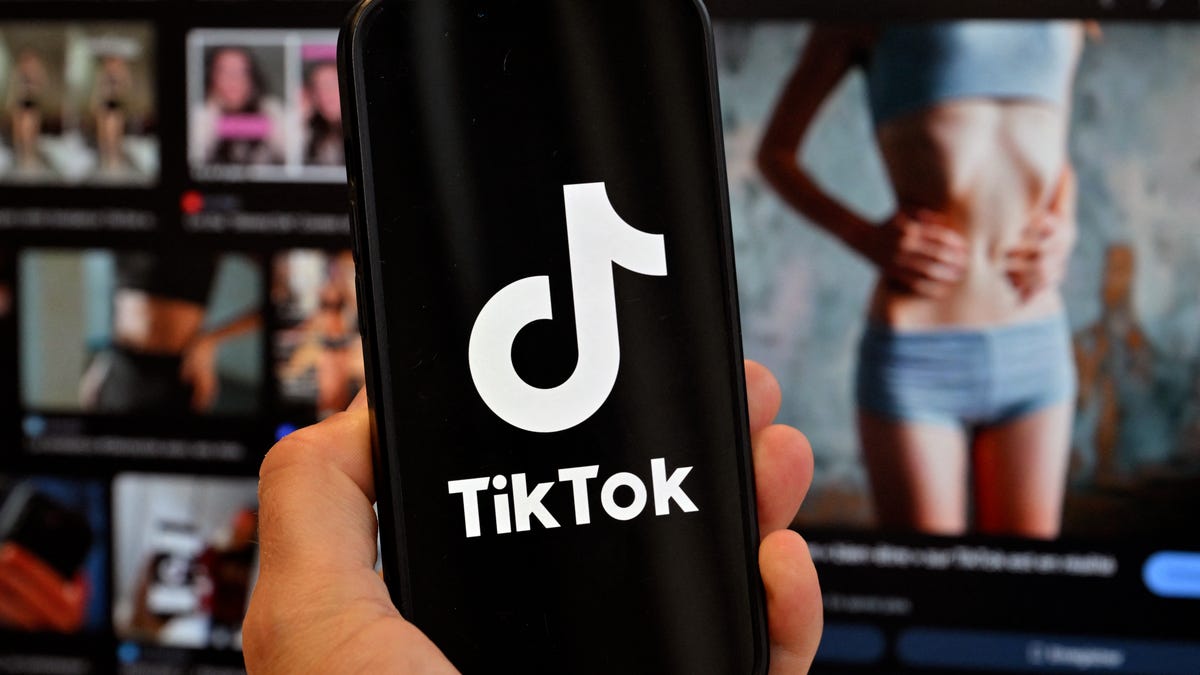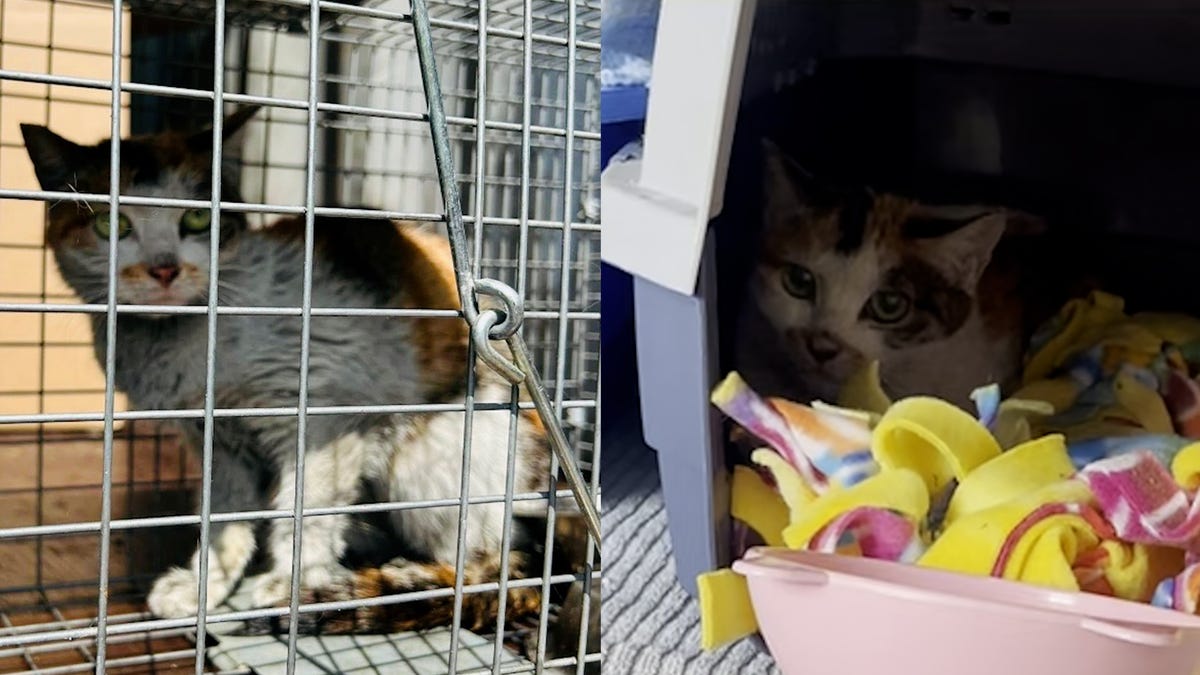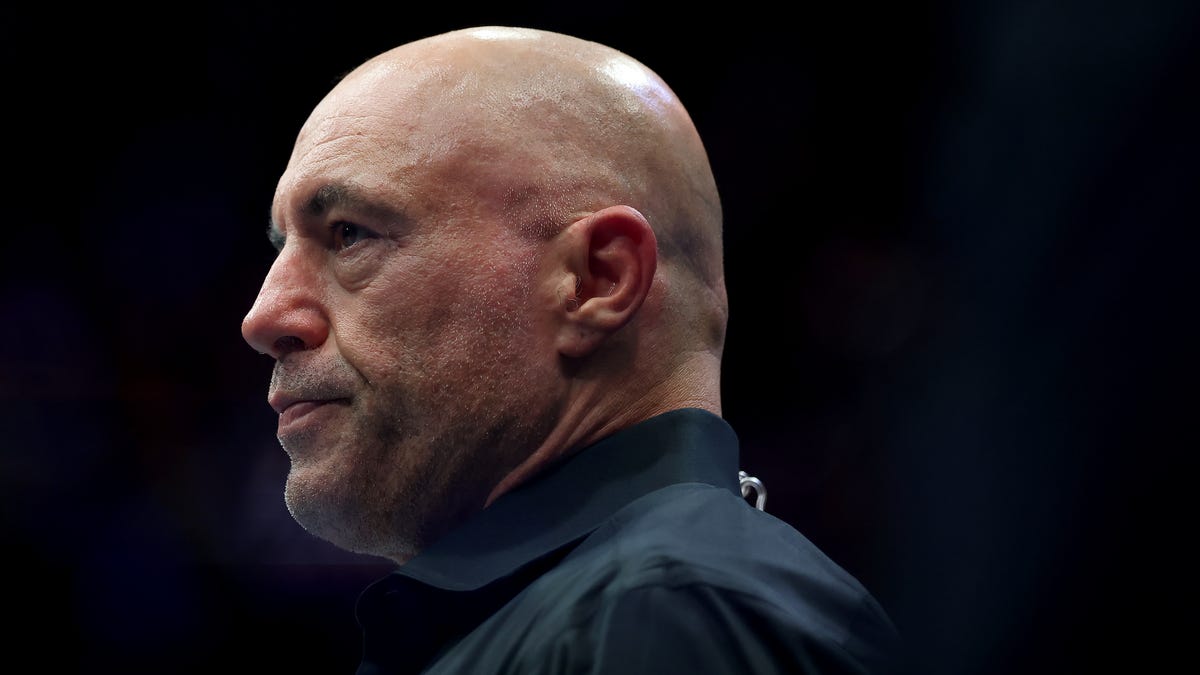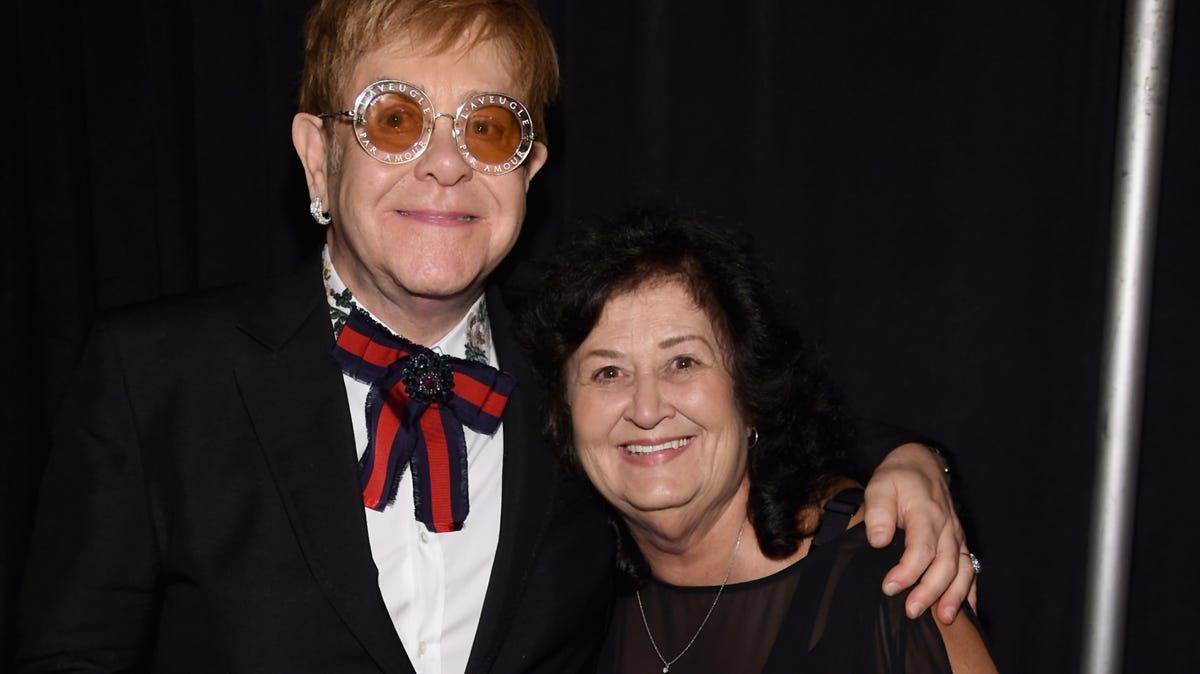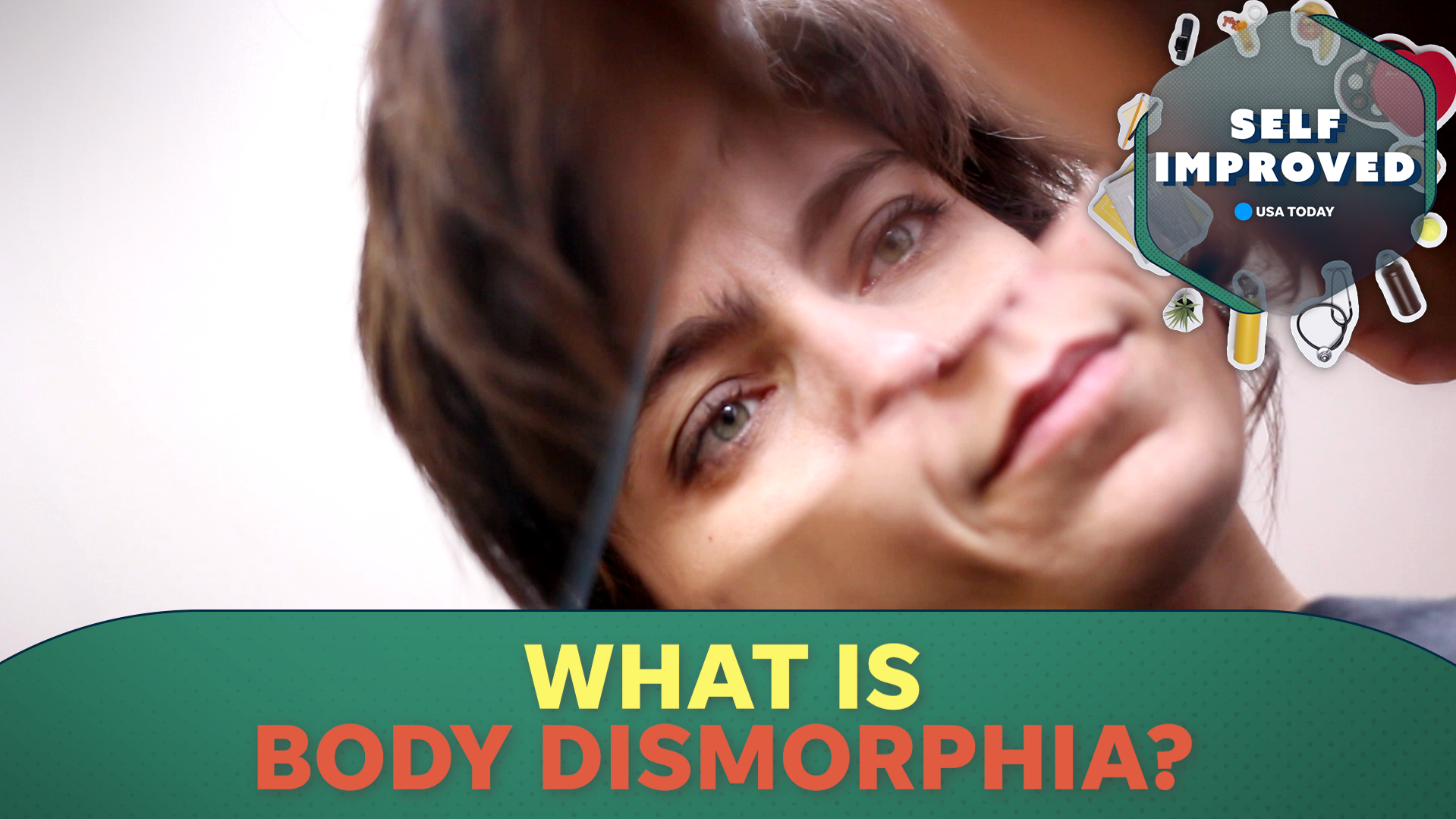
Psychologist explains what body dysmorphia is and how to manage it
Body dysmorphia shares similarities with other conditions such as anxiety and eating disorders.
TikTok has banned the hashtag #SkinnyTok after public outrage and warnings that it was promoting unrealistic body standards, eating disorders and extreme weight loss.
It’s not the first time content like this has been blocked by the platform. In September, influencer Liv Schmidt, who built her platform on the outward pursuit of thinness, growing a following of 670,000, was banned.
“Basic fit because the accessory is being blonde & skinny,” she captioned one outfit video on Instagram, where she now has over 320,000 followers. “Please don’t ask me how I’m so skinny if you’re not ready for the answers,” she wrote over another.
#SkinnyTok’s content is eerily similar to the thinspo – or, inspiration on how to be skinnier – that dominated social media platforms like Tumblr in the 2010s. Though Tumblr, Instagram and Pinterest banned #thinspo in 2012, it didn’t stop these communities from populating the sites.
Even with the ban of #SkinnyTok, removing harmful content may be an uphill battle. Content creators like Schmidt have paved the way for the “skinny influencer,” and mental health experts have cautioned that this represents a larger shift in how Americans are discussing thinness.
“We’re almost seeing a return to the outward profession of the desire to be skinny, whereas for a while it’s been, ‘I want to be healthier, I want to engage in wellness,’” said University of Vermont associate professor Lizzy Pope, whose research focuses on how diet culture appears in popular culture and on social media. “What I’m seeing is a return of that language being accepted.”
The era of #SkinnyTok, Liv Schmit and ‘gym bros’
TikTok banned Schmidt’s account for violating the site’s community guidelines, according to the Wall Street Journal. A TikTok spokesperson did not respond to USA TODAY’s request for comment on specifics, but some of Schmidt’s videos appeared to violate the site’s disordered eating and body image guidelines, which prohibit content that “promotes potentially harmful weight management.”
However, other communities on TikTok also promote unrealistic body standards, but do so under the guise of wellness.
Some “gym bros” are sharing similar content, amassing followers by sharing their tough-to-achieve physiques and gym journeys. A simple TikTok search of “trust the bulk” will lead users to thousands of transformation videos, with many detailing how they toned their bodies through binge/purge cycles and excessive exercise.
When regular gym goers don’t see these same results, body dysmorphia and disordered eating practices can worsen, according to therapist and certified eating disorder specialist Sarah Davis.
Experts say this is contributing to a culture of orthorexia, a lesser-known eating disorder characterized by an obsession with clean, healthy eating.
The rise in ‘skinny’ content can influence disordered eating in young people
Sneakily named hashtags and covert “what I eat in a day” videos that often portray unhealthy caloric intake also allow users to evade TikTok’s new #SkinnyTok ban and restrictions around posting harmful weight-related content.
Factors like social media and isolation have contributed to a large increase in youth eating disorders since the pandemic.
The most widely viewed food, nutrition and weight content on TikTok are videos that perpetuate toxic diet culture among teens and young adults, according to a 2022 University of Vermont study that analyzed the top 100 videos from popular nutrition, food and weight-related hashtags.
Lizzy Pope, one of the study’s coauthors, said representation of diet culture and weight loss was framed as a part of being healthy or being fit in most of the videos they analyzed. If they did the study again in 2025, she suspects they would find “a lot more of this very blatant, ‘I’m doing this to be skinny’ content.”
In general, the best way to minimize eating disorder-related content is not to interact with it in the first place, since commenting or liking videos makes similar content more likely to appear in one’s algorithm. Pope said working on the ability to reject content is an important aspect of making sure toxic diet culture doesn’t permeate one’s mental health, and recommended seeking professional support through therapists and dietitians if unhealthy thoughts persist.
Contributing: Rachel Hale






